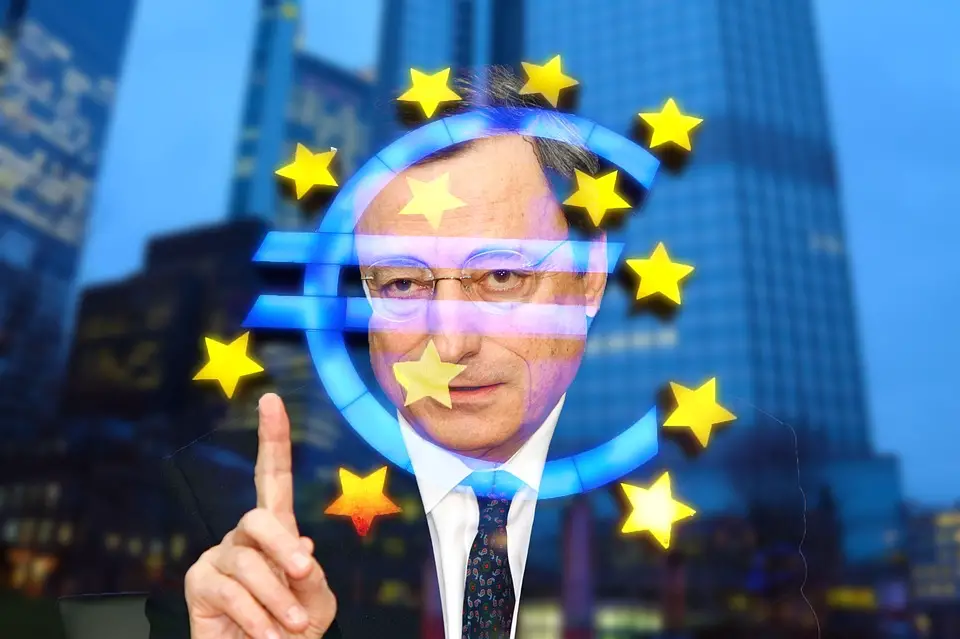As Poslovni Dnevnik writes, in addition to joining the Schengen area, Croatia’s Eurozone entry has been cited as one of the main goals of Croatian foreign policy for years now. This goal should be achieved at the beginning of 2023, for which Croatia has the support of Brussels.
That said, there are some economists such as former European Central Bank (ECB) Executive Board member Otmar Issing of Germany who believe that Eurozone entry for Croatia would be premature, Deutsche Welle reports.
As he said in an interview with the Frankfurter Allgemeine Zeitungu (FAZ), currently no country is ready to join the Eurozone. “At the moment, I can’t see any country that is ready enough to join the Eurozone,” Issing told FAZ on the occasion of the recent twentieth anniversary of the introduction of the euro into circulation back on January the 1st, 2002, which those of us who grew up in Europe remember so well.
“It can’t be said that every new member of the Eurozone necessarily contributes to the weakening of the euro, but these countries must guarantee some lasting stability. It isn’t enough to get ready for the wedding and then return back to your old habits once you’re married,” said Issing, who also played the role of ECB chief economist from 1998 to 2006 and was credited with strategically planning the introduction of the euro as the bloc’s single currency.
The last EU member state to enter the Eurozone in 2015 was Lithuania, and currently Bulgaria is also aiming to join. In fact, according to the membership agreement, all members of the European Union are obliged to accept a common currency when they meet the criteria, the only exceptions to this was the United Kingdom, which kept pound sterling, and Denmark.
Issing believes that the heterogeneity of Eurozone member states and thus different focuses when it comes to interests is already a big problem for the ECB. He believes that the governors of the national central banks should follow a common course and not simply blindly follow national financial policy. Issing also defended the euro against accusations that its introduction has made everything more expensive.
“It can look like that when it comes to purchasing daily necessities, so that’s the impression people have. But when we look at spending which occurs in regard to most of the household budget, such as rent or heating costs, those costs have remained stable even after the introduction of the euro,” Issing told FAZ.
Issing, who previously held the same position at the German central bank before taking office at the ECB, said the decision to print non-national symbols on euro banknotes at the time was a decision that proved correct in the end.
“Imagine if the French wanted to put Napoleon on their banknotes. How would the countries who were occupied by Napoleon react to this? That’s why we decided on the symbolic motif of the bridges,” Issing concluded.
For more, check out our politics section.









